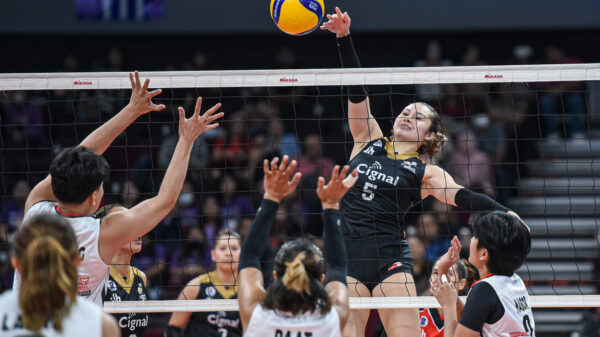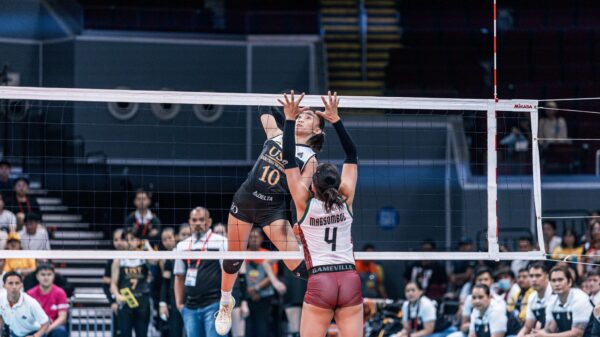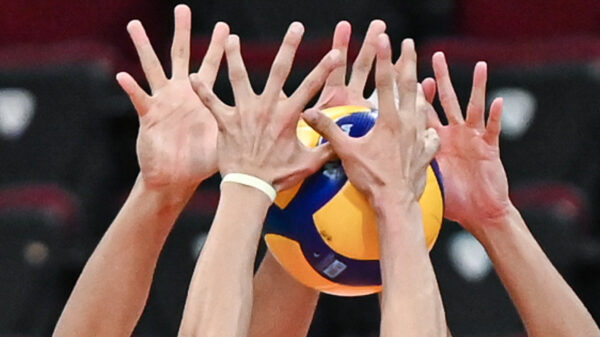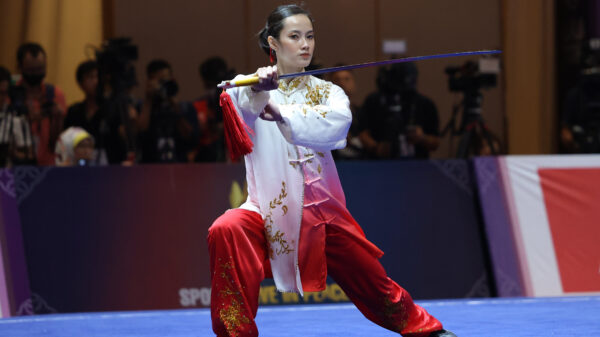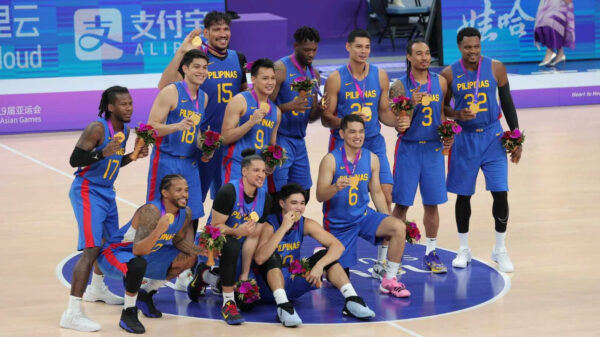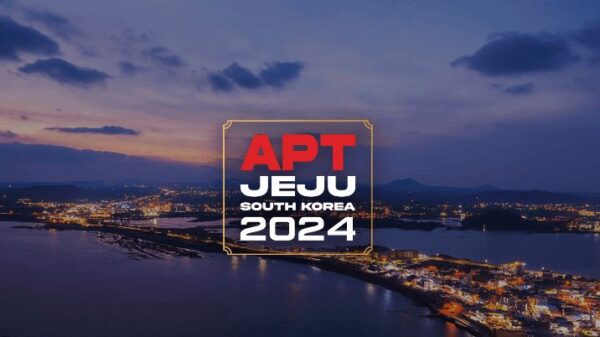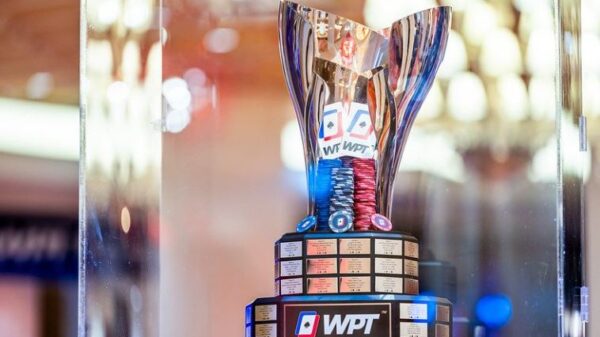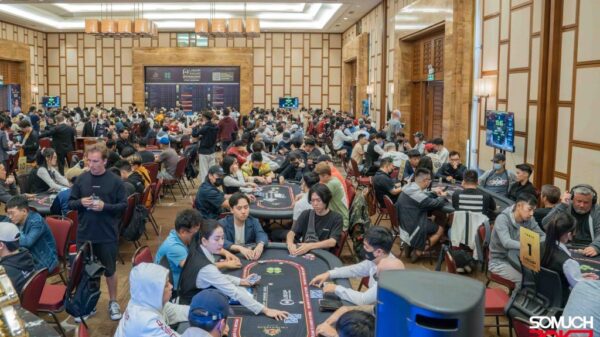In a truly remarkable display of unity and coordination, the Philippines is not leaving any stone unturned in preparation to host one of its most prolific sports events — the FIBA Basketball World Cup, set to commence from 25 August until 10 September.
Aimed at ensuring a successful organization and execution of this global event, a commendable multi-sectoral approach involving various government agencies, local government units, and the private sector has been rolled out, spearheaded by the Samahang Basketbol ng Pilipinas and the national government, led by no less than President Ferdinand Marcos Jr.
President Marcos’ commitment to making the FIBA World Cup a triumph is evident through the issuance of Administrative Order No. 5, which effectively created an inter-agency task force mandated to streamline, integrate, harmonize, and coordinate all government efforts related to the event’s preparation and execution.
The task force, headed by Philippine Sports Commission chairperson Richard Bachmann, comprises representatives from various critical government departments such as Department of Foreign Affairs, Department of Health, Department of the Interior and Local Government, Department of Public Works and Highways, Department of Tourism, and Department of Transportation, Bureau of Immigration, Bureau of Customs and Metropolitan Manila Development Authority. This unified strategy underscores the government’s commitment to provide seamless support and resources, ensuring the event’s success.
Further pushing the envelope is the succeeding Memorandum Circular No. 27, wherein the Chief Executive suspended work in government offices and classes in public schools in Metro Manila and the province of Bulacan on Day 1 of the FIBA World Cup.
According to reports, the issuance is a move to ensure the successful conduct of the opening ceremonies held in Bocaue, Bulacan.
There is palpable excitement as the country anticipates a record-breaking attendance. In a briefing, SBP president Alfredo S. Panlilio confidently stated that the Philippines has enormous potential to break the attendance record set during the 1994 FIBA final between the US and Russia.
Ticket sales for the opening day are on track to surpass this milestone. With the Philippine Arena as the backdrop, a sense of unity and shared pride is bound to permeate the air.
Key government agencies, partner organizations, and the Local Organizing Committee also go above and beyond to ensure seamless travel experiences for delegates, attendees, and visitors.
The Ninoy Aquino International Airport, the Philippines’ primary gateway, has been decked in FIBA World Cup colors, and its operations geared towards ensuring the smooth entry and exit of delegates, with the DOT and BI’s establishment of information desks and courtesy lanes, as well as access to VIP parking and lounges.
The MMDA has recently announced that it will implement intermittent stops along major roads to give way to delegates and players traveling to the tournament locations. Before this, the agency suspended road works in Metro Manila, prohibited mall-wide sales, and permitted the LOC to utilize the MMDA monitoring headquarters as a multi-agency coordination center.
The country’s commitment to safety and security is also highlighted, with meticulous plans in place to guarantee the smooth execution of the event while adhering to strict FIBA regulations and guidelines. According to reports, the LOC had collaborative meetings to fine-tune preparations, encompassing thorough coverage of the competition and non-competition venues, convoy rehearsals, and enforcing FIBA’s “zoning system.” The Safety and Security team also reiterated that there will be a focus on physical security measures and personnel selection. Decentralized management clusters per venue ensure seamless execution with adequate resources and secure transportation.
Anticipation swells as the impending world nears, laden with its far-reaching implications. Beyond the confines of the sports arena, the FIBA World Cup emerges as a pivotal catalyst for shaping the Philippine economy.
The influx of international visitors, including athletes, fans, and media personnel, is projected to stimulate tourism and boost industries such as hospitality and services. Hotels, restaurants, transportation services, and local businesses are poised to thrive as visitors experience the country’s rich cultural offerings.
Moreover, the event creates employment opportunities across various sectors, offering a much-needed boost to the job market. This economic boost can serve as a stepping stone for the nation’s post-pandemic recovery, contributing to improved livelihoods and financial stability for many.
As the world’s eyes turn to the Philippines, the message is clear: this is a chance for the nation to shine, unite, and make history. Through collaboration, preparation, and unwavering support, the FIBA World Cup in the Philippines is poised to be a resounding success, inspiring pride and joy in every Filipino heart.
Let’s stand together, showing the world what the Philippines can achieve.



